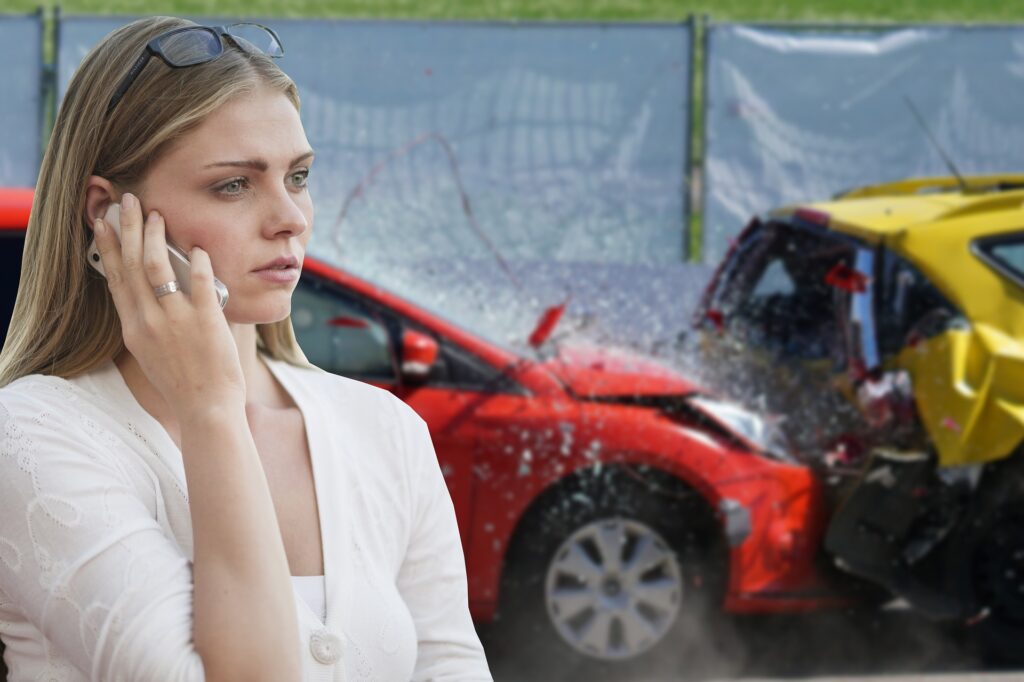
Traffic crashes are the second leading cause of death for teens in the U.S., as stated by the CDC. Nearly 2,400 teens ages 13 to 19 were killed in motor vehicle accidents in a recent year. Per vehicle miles driven, drivers in the 16 to 19 age group have nearly triple the risk of a fatal car accident as drivers ages 20 and older. Because of their inexperience and tendency to become distracted, teenagers are particularly vulnerable to automobile accidents. Parents should do everything they can to prepare their teens for safe driving.
Factors That Contribute to Teen Crashes and Injuries
There are a number of contributing factors to the higher rate of collisions involving teen drivers, including:
- Driver inexperience: Teen drivers have not yet had the time and driving experience to become proficient behind the wheel.
- Distracted driving: Teenagers are more likely to talk on the phone, text, and use electronic devices than older drivers.
- Teen passengers: Teen passengers can be a distraction for teen drivers that increases the risk of a wreck.
- Night driving: More fatal teen car accidents occur at night time than in the daylight hours. Driving is more difficult in the dark.
- Impaired driving: Teenagers who drink or use recreational drugs should not get behind the wheel of a car.
- Drowsy driving: Sleep deprivation can be as dangerous behind the wheel as alcohol or drug impairment.
- Reckless driving: Teenagers are more likely than adults to show off behind the wheel, particularly when they have teen passengers. Speeding, reckless lane changing, and tailgating are common forms of reckless driving behavior.
- Not wearing seatbelts: Teens do not buckle up as frequently as adults do, as reported by the U.S. Department of Transportation (DOT). In one year, nearly half of teens ages 15 to 19 killed in traffic crashes were not wearing seat belts.
Steps Parents Can Take to Help Keep Teen Drivers Safe
Fortunately, there are steps parents can take to help keep teens safe on the road, including the following:
- Do not allow night driving or ensure your teen driver is off the road by no later than 9 or 10 pm for at least the first six months of driving.
- Warn your teen about the hazards of distracted driving, particularly texting while driving.
- Do not allow your teenager to carry teen passengers or restrict the number of friends in the car to one.
- Have your teen turn down the radio or eliminate music entirely while driving.
- Ride along or have an older driver in the car with your teen, for at least for 30 to 50 hours of supervised driving before allowing your teen to drive alone.
- Watch your teen’s driving closely and make positive suggestions as to how he or she could improve.
- Make sure everyone in the car is wearing seat belts.
- Insist that absolutely no drugs or alcohol are being used by teen drivers.
- Limit the distance your teen is allowed to travel from home.
- Frequently discuss traffic laws with your teen.
- Be a good role model by always following traffic laws and driver safety best practices when you drive with your teen.
- Teach your teen to check mirrors, turn signals, brake lights, and backup lights before driving.
If you or your teenager has been hurt in a car accident that was someone else’s fault, contact Allen Law at (843) 882-5005. Founding attorney Julian Allen is a former insurance defense lawyer who has extensive experience from “the other side.” Our Charleston personal injury attorneys work on a contingency fee basis, meaning you pay us no fees until we win a recovery for you.

